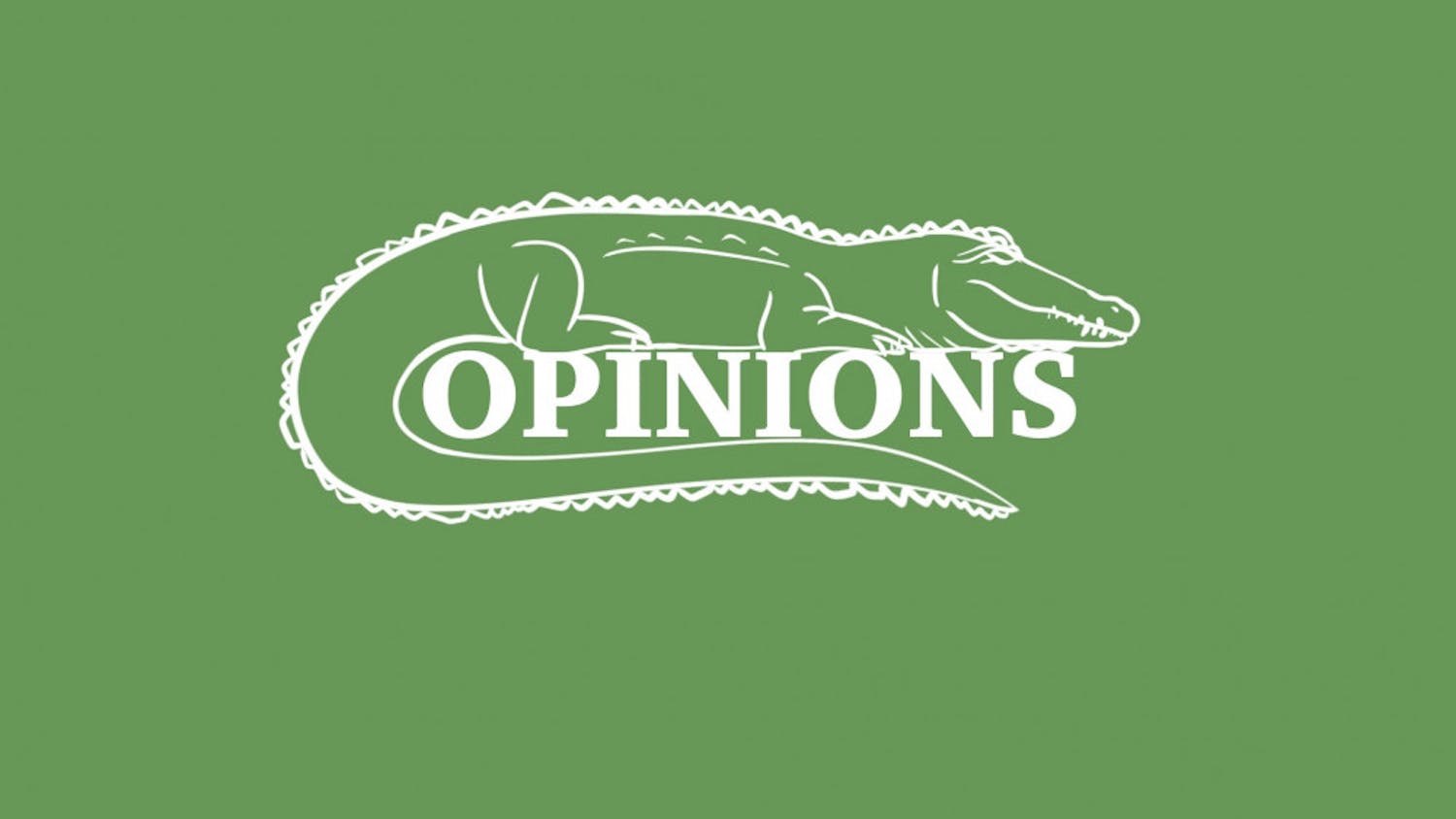We have been bombarded lately with media reports about a wide range of spectacular events. Middle East unrest, budget crises, government shutdown warnings, pirate slayings and government officials on the run in the Midwest have captured the attention of all who keep even cursory tabs on the news.
But do you really know what’s going on?
Politicians have long understood that in the face of many distractions, there is an opportunity to quietly shove an agenda under the table that may have more of a direct effect on our lives than any of the “big news” stories.
So with all of us distracted by the headlines, there currently is a quiet battle raging in Washington by Congress, the courts and the Federal Communications Commission — one that could directly affect the life of every American.
This is the battle over the net neutrality rules established by the FCC in December. This act would give the unelected bureaucrats in the FCC the power to regulate the Internet.
Most would probably consider the official reasoning for this act to be fairly benign. There is a concern that the major corporations that own the wires that form the infrastructure of the Internet could suppress competition.
However, federal courts have maintained the rights of communications companies and denied the FCC the power to enforce regulation.
The enforcement of the net neutrality rules would at best be an affront to free enterprise in defiance of federal courts. At its inevitable worst, though, it would be much more.
Once the government has grabbed control of the Internet from the owners of its infrastructure, it would have absolute power of regulation over all content. The Internet represents the last great frontier of free expression, and many people across the entire political spectrum daily enjoy the unrestricted ability to share ideas and information. The government’s track record shows that, if given the ability, it would take advantage of this situation for political gain.
There would be nothing to keep government officials from policing political content, licensing usage, restricting access or levying fines for “misuse.” For those who are inclined to view this as an unfounded slippery slope analysis, consider the aviation industry. When the federal government began to regulate air travel, do you think anyone saw pat-downs coming?
Furthermore, what the government controls, it also can tax. With the deficit looming, the federal government is on the lookout for innovative ways to take your money, and usage fees tacked on to your monthly Internet bill would become the norm.
The Internet has changed the way we live. If the FCC gets its way, it will never be the same. Do you really want your Facebook status to be subject to campaign law? Do you want your blog post to be screened by a bureaucrat who determines if it’s fit for the public?
Even as Congress attempts to put a final nail in the coffin of the Fairness Doctrine, the FCC is making this attempt to grab a medium even more influential than radio or TV. Republicans are intent on stopping this act from becoming effective, but Democrats are united in favor of this measure that could be called many things — pro-fairness, pro-stability, etc. — but definitely not pro-freedom.
If we allow ourselves to be distracted, the government will continue to strip away our liberties until we find ourselves in a country that we do not recognize.
Bob Minchin is a fourth-year electrical engineering major. His column appears on Fridays.





